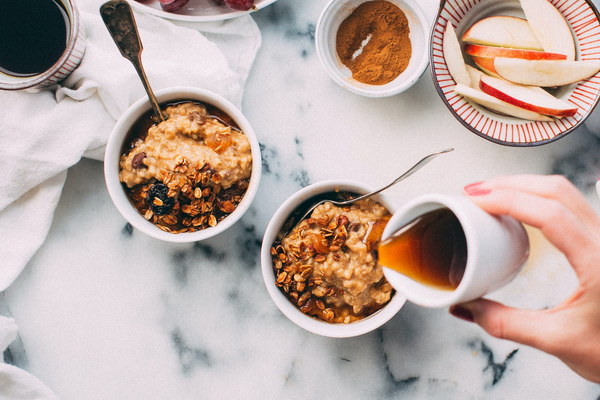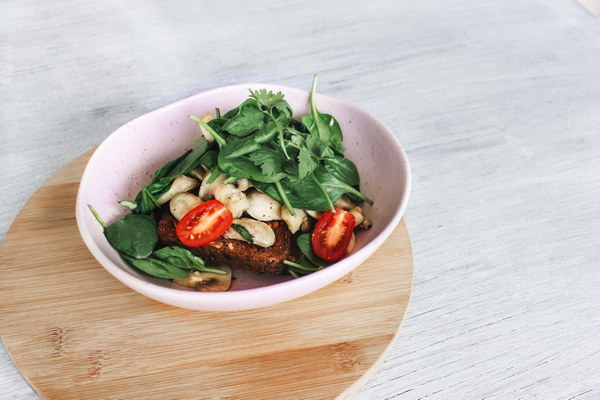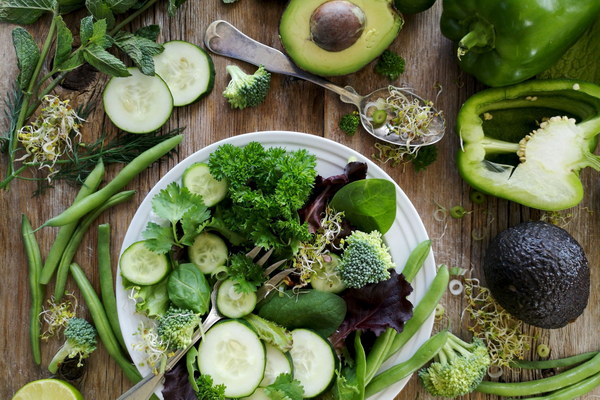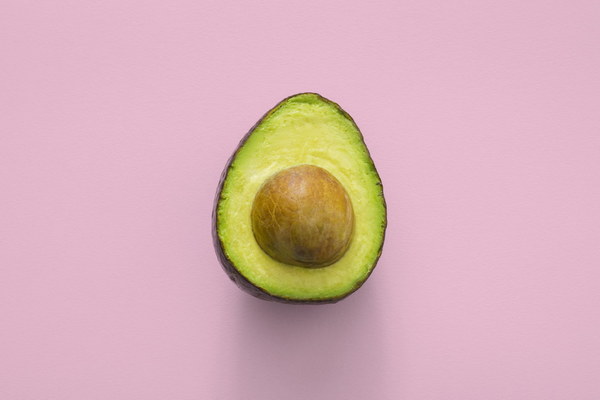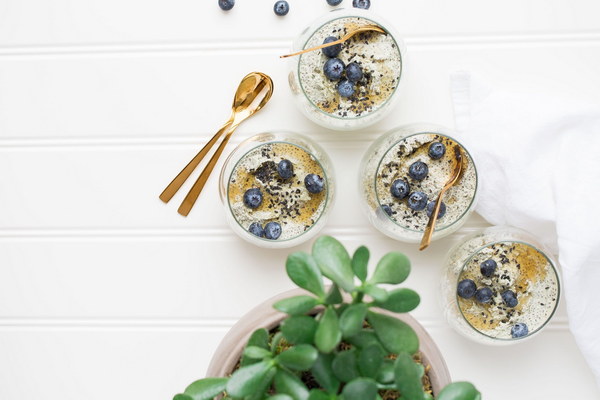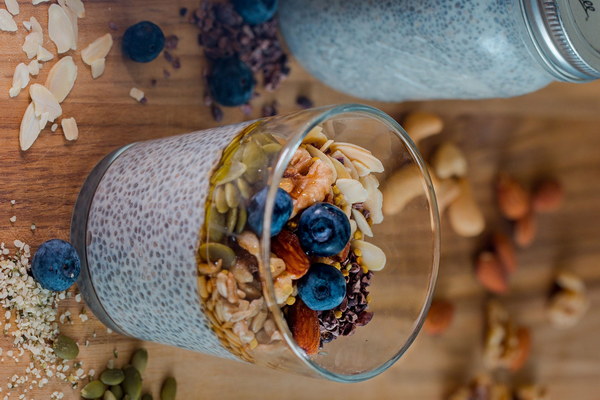Revitalize Your Health with a Good Nap and Nutritional Boost
In today's fast-paced world, it can be challenging to find the time to rest and recharge. However, incorporating a good nap into your daily routine, along with a nutritious diet, can help you achieve optimal health and well-being. Let's explore the benefits of a power nap and how to combine it with a nutritious diet to boost your energy levels and enhance your overall health.
A power nap, also known as a short sleep, is a brief period of sleep that typically lasts between 10 to 20 minutes. This quick nap can provide numerous benefits, including improved alertness, enhanced cognitive function, and a decreased risk of chronic diseases. To maximize the benefits of a power nap, it is essential to follow a nutritious diet that complements your rest.
Here are some tips to help you achieve a good nap and maintain a healthy diet:
1. Create a Restful Environment:
To enjoy a restful power nap, make sure you create a comfortable and quiet environment. Use blackout curtains to block out light, and consider investing in a noise-cancelling device or earplugs to minimize distractions. Additionally, keep your room temperature between 60-67 degrees Fahrenheit for optimal sleep conditions.
2. Timing is Key:
The best time to take a power nap is during the mid-afternoon, between 1 and 3 p.m. This timing corresponds to your body's natural dip in alertness, which typically occurs around this time.
3. Choose the Right Foods:
A nutritious diet can help you feel energized and ready for your power nap. Here are some food choices that can support your energy levels and improve sleep quality:
- Whole grains: Rich in complex carbohydrates, whole grains release energy slowly, helping to keep you energized throughout the day.
- Lean proteins: Proteins help in the production of neurotransmitters, which play a role in regulating sleep. Incorporate lean proteins such as chicken, turkey, fish, or tofu into your meals.
- Healthy fats: Healthy fats, such as those found in avocados, nuts, and seeds, can help regulate your body's hormones and improve sleep quality.
- Fresh fruits and vegetables: These nutrient-rich foods provide essential vitamins and minerals that support overall health and well-being.
- Fermented foods: Fermented foods, such as yogurt, kefir, and sauerkraut, contain probiotics that can help improve sleep by maintaining a healthy gut.
4. Stay Hydrated:
Drinking plenty of water throughout the day is crucial for maintaining energy levels and promoting healthy sleep. Aim for at least eight 8-ounce glasses of water daily, and consider hydrating with herbal teas or coconut water before your power nap.
5. Avoid Caffeine and Alcohol:
Caffeine and alcohol can disrupt your sleep cycle and leave you feeling more tired than before. Try to avoid consuming these substances at least four hours before your power nap.
6. Practice Relaxation Techniques:
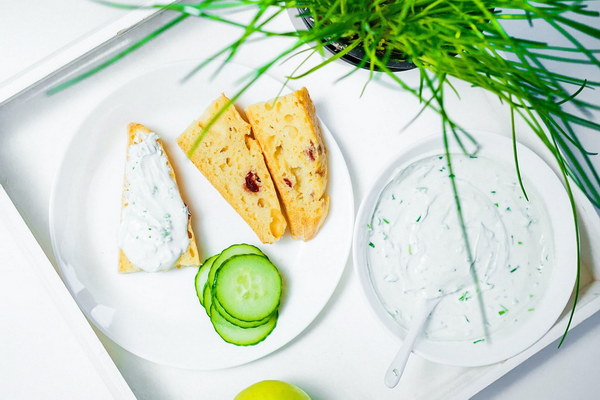
To enhance the benefits of your power nap, incorporate relaxation techniques such as deep breathing, meditation, or gentle stretching. These practices can help you unwind and improve the quality of your sleep.
In conclusion, a good nap combined with a nutritious diet can significantly improve your health and well-being. By following these tips, you can create a restful environment, choose the right foods, and practice relaxation techniques to enhance the benefits of your power nap. Remember that prioritizing your health and well-being is crucial for a balanced and fulfilling life.
